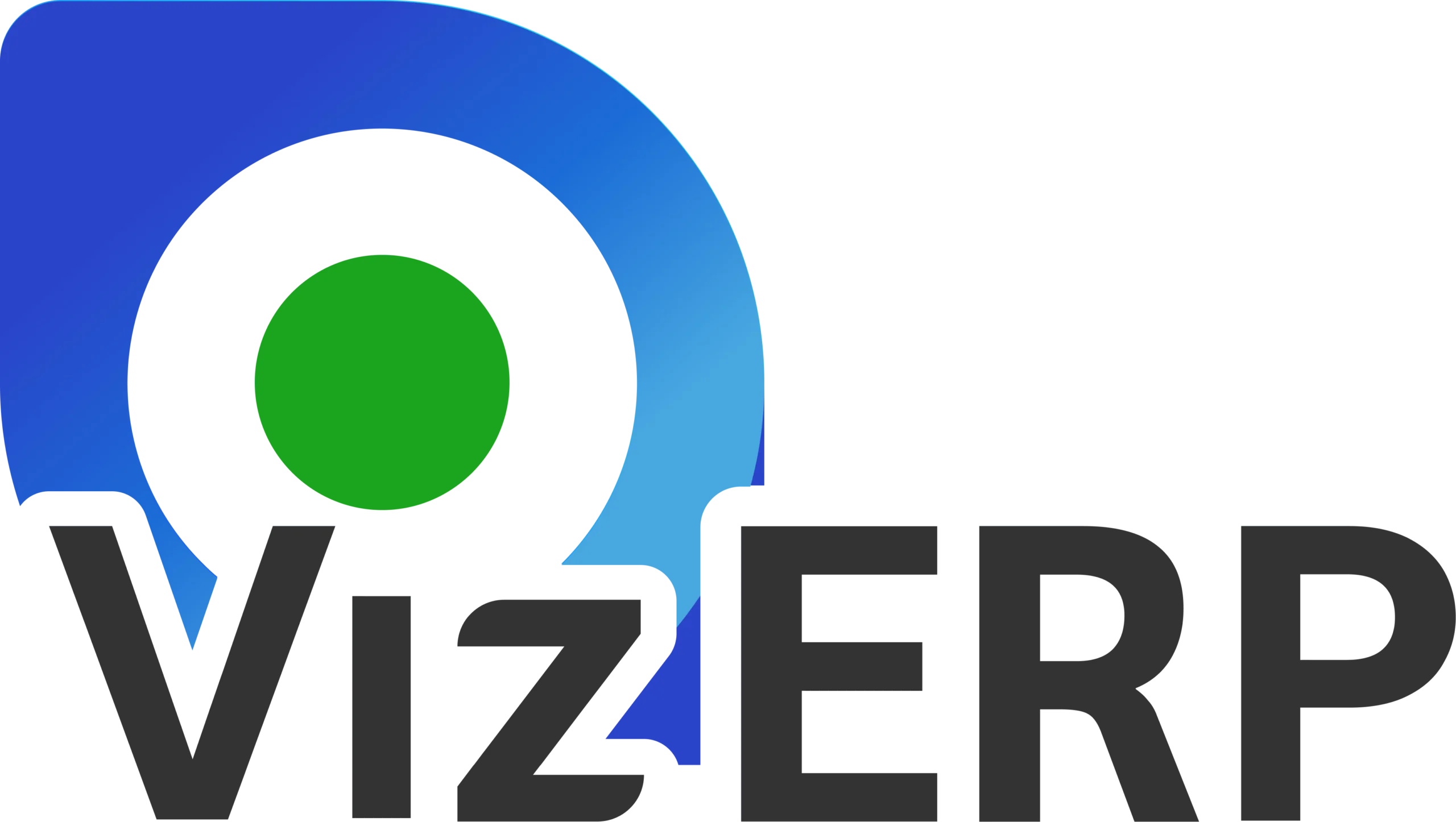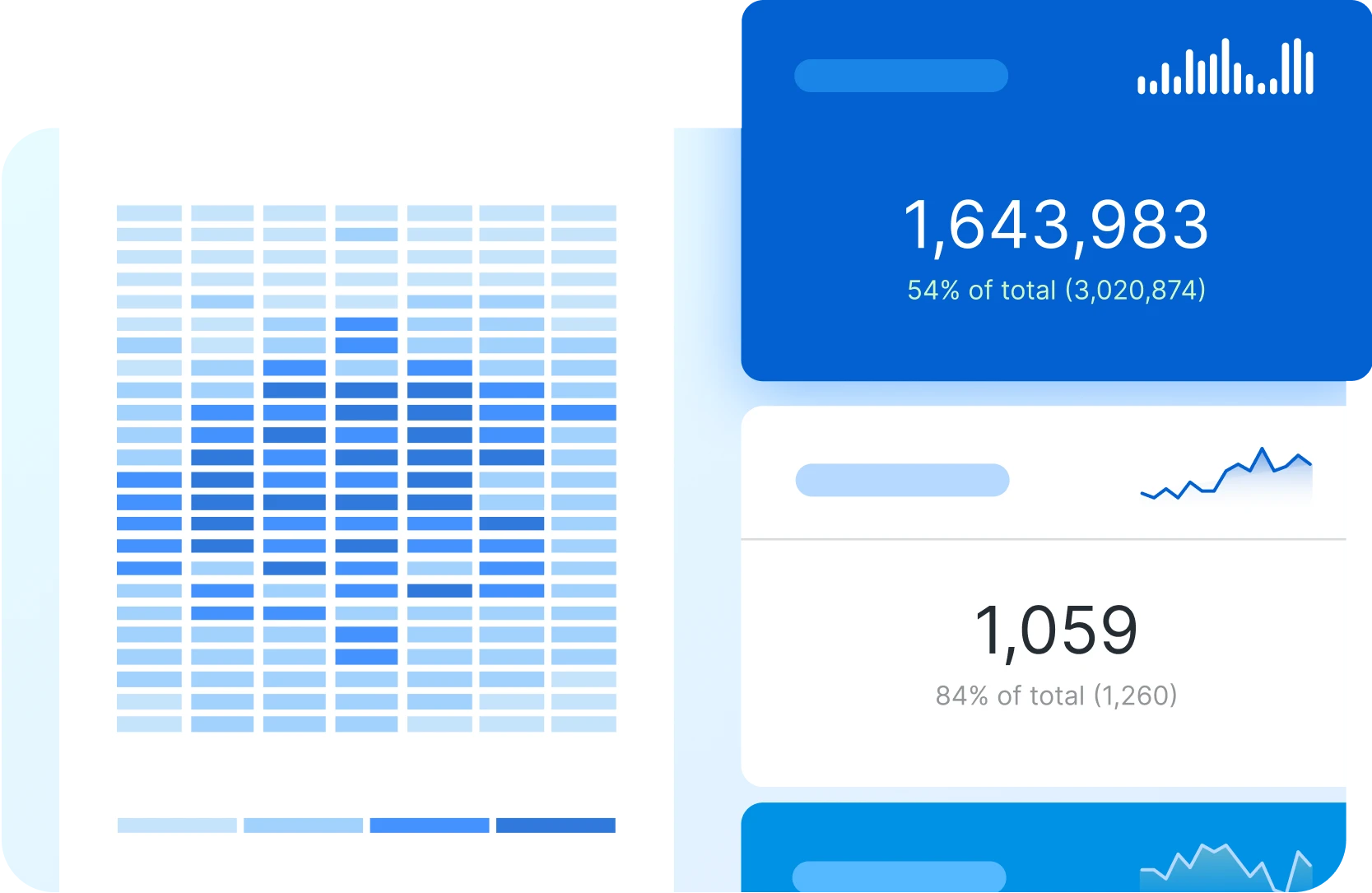The healthcare industry is undergoing a profound transformation, shifting its focus from volume-based care to value-based care (VBC). Simultaneously, the imperative to improve the overall health of populations has elevated population health management to a strategic priority. At the heart of these initiatives lies the effective utilization of data and technology. Enterprise Resource Planning (ERP) systems emerge as indispensable tools in this evolving landscape.
The Foundation for Value-Based Care
Value-based care demands a meticulous focus on patient outcomes and cost-efficiency. ERP systems provide the infrastructure to support this paradigm shift. By integrating financial, operational, and clinical data, these systems generate a comprehensive view of patient populations, enabling healthcare organizations to identify high-risk individuals, track health outcomes, and measure performance against quality metrics. For instance, through risk stratification, ERP systems can pinpoint patients with chronic conditions who require intensive care management. Subsequently, by facilitating care coordination among providers and departments, these systems enhance the delivery of coordinated, patient-centered care.
Population Health Analytics: A Cornerstone of Effective Management
The ability to conduct in-depth population health analytics is another critical function of ERP systems. By analyzing vast datasets, healthcare organizations can discern patterns, identify gaps in care, and implement targeted interventions to improve population health. This involves examining factors such as disease prevalence, utilization rates, and quality metrics to gain insights into the health status of a population. ERP systems provide the necessary tools to analyze this data and extract meaningful information.
A Holistic Approach to Population Health Management
Population health management necessitates a holistic approach that addresses the social, economic, and environmental factors influencing health outcomes. ERP systems contribute significantly to this endeavor. By integrating data from diverse sources, including electronic health records, claims data, and community health information, these systems create a comprehensive picture of a population’s health status. This knowledge empowers healthcare organizations to design and implement targeted interventions, such as chronic disease management programs and patient engagement initiatives. Moreover, ERP systems can facilitate collaboration with community partners, enabling a coordinated response to the social determinants of health.
Addressing Challenges and Considerations
While ERP systems offer significant benefits, their implementation and effective use require careful consideration. Data quality and integration, interoperability with other health IT systems, and user adoption are key challenges that organizations must address. To ensure successful implementation, healthcare organizations should invest in data governance and quality initiatives, prioritize interoperability standards, and provide adequate training and support to users.
The Future of Healthcare: A Data-Driven Approach
As the healthcare industry continues to evolve, ERP systems will play an increasingly important role in driving value-based care and improving population health outcomes. By providing the data, analytics, and infrastructure necessary to support these initiatives, ERP solutions empower healthcare providers to deliver high-quality, cost-effective care, improve population health, and achieve sustainable success.





